There is no Afrobeats superstar that’s more authentic about being themselves on their music more than Wizkid. Seldom strays out of the confines of his familiar soundscapes, unenthusiastic about pushing new boundaries and embarking on sonic adventures, chooses features with musical terrains that’s tailor made for him and generally sticks to refining and honing a previously successful formular, as opposed to unearthing a new one.
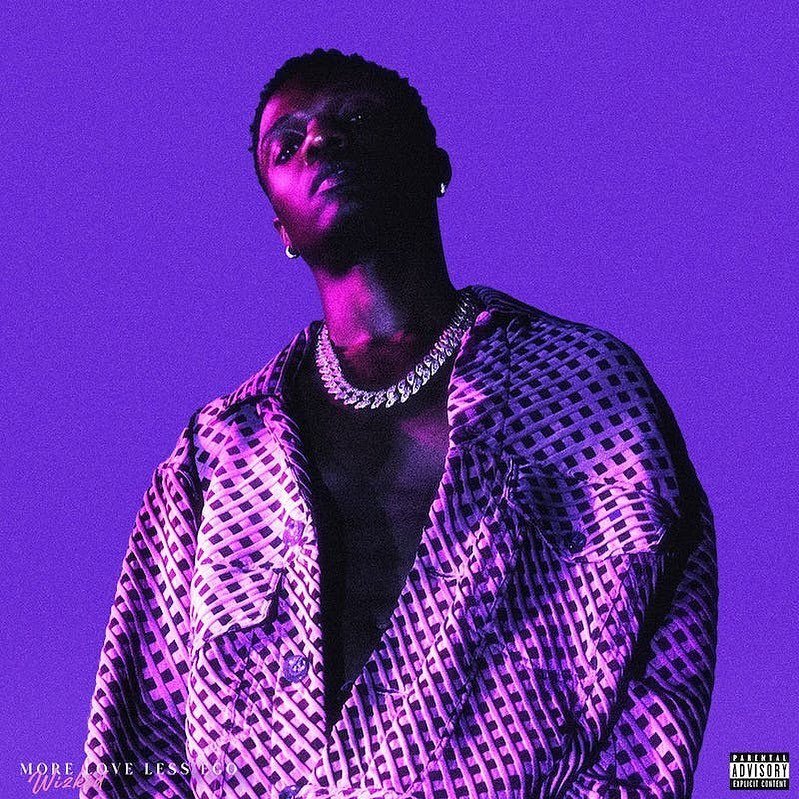
Wizkid has 2 prominent sonic eras. 2010–2016 and 2016–present. The first 6 years featured the more dynamic, malleable Wizkid. Versatility across various Pop and R&B’s templates, more energetic driven deliveries and a raw hunger for the top that was evident in his prolific work ethic. The latter 6 years saw a drop in energy and even lyrical content, with a heavier emphasis on rhythmic delivery and visceral production. Since hopping on the Caribbean sounds and mid-tempo Pop train on Sounds From The Other Side, the artist is yet to disembark.
Over simplifying things and saying he’s been doing the same thing since then, would be a great disservice to the sonic evolution that the sound has experienced since inception. It would also be an erroneous statement that would most likely be uttered by an individual peddling an agenda. Made In Lagos is streets ahead of SFTOS on the basis of quality and success and that’s as a result of a tinkering, that masked the sound’s flaws and amplified its strengths on the 2020 album. An intentional sonic evolution, championed by Wizkid and his ingenious team.
On More Love Less Ego, however, the follow-up to his most crucial album, (Superstar holds the status of his undisputed best) Wizkid seems to have hit a sonic stalemate. That’s not a problem in itself. An artist is allowed to remain in familiar territory, provided they can always come up with fresh ways to reinvent the sound. On some songs on the album, Wiz excels at that. On some other throwaway/filler records, he doesn’t. The entire album is sort of a mixed bag.
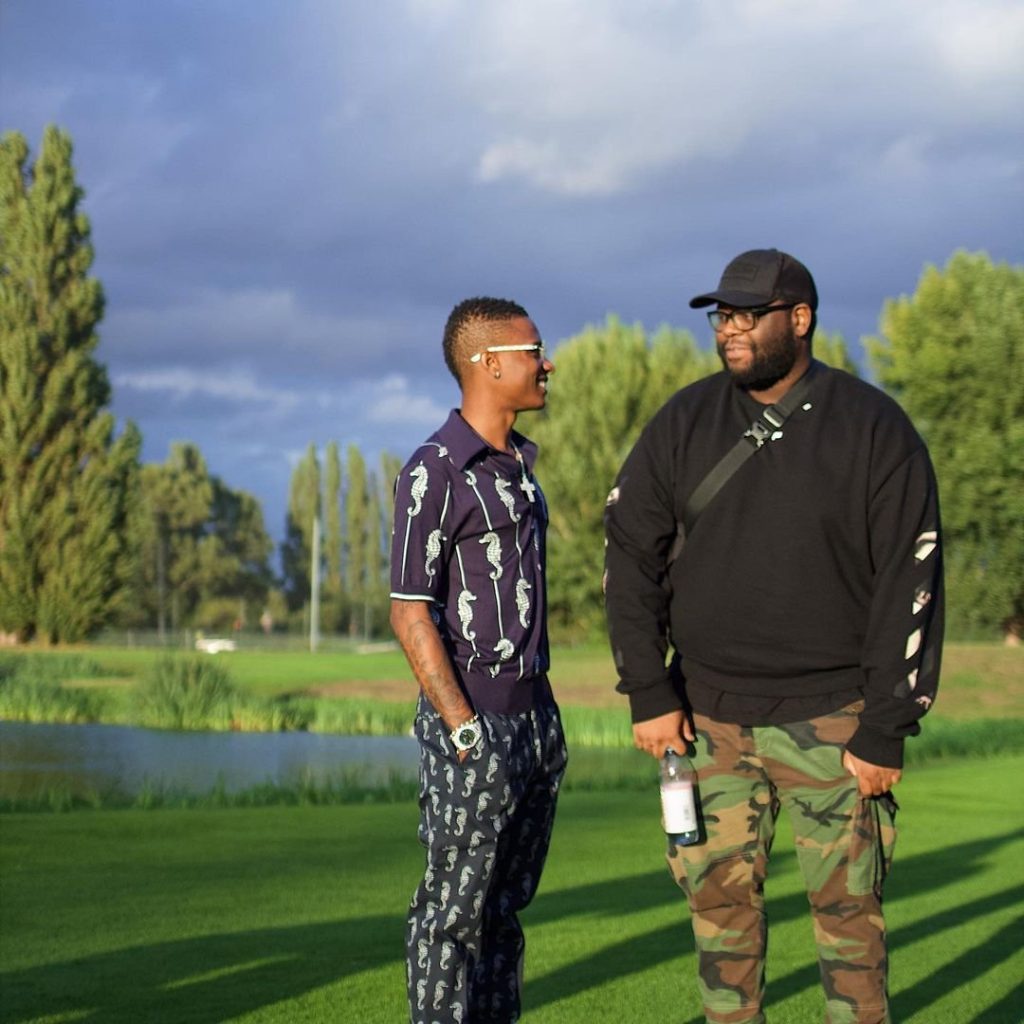
The first 5 tracks on the album sound like an extended play of Made In Lagos. Kinetic drums, jazz horns, rhythmic driven deliveries and shallow lyrics bordering on a stress-free, hedonistic and luxurious lifestyle. Money & Love, the album’s opener is one of the best written tracks for a Wizkid song on the same album. He isn’t saying much he hasn’t said in more tantalizing ways before, but the song works with its R&B-esque delivery and the way Wiz breezes through the pleasures of the superstar lifestyle, with a bass guitar reverberating through the record.
Balance isn’t produced by P2J, but it’s still cut from the same sonic cloth that fastens the entire album. The very same fabric that MIL also emanates from. The slight deviation is perhaps the rustiness of Kel-P’s riffs that laced the bounce of the song and the fact that the bass is more padded than visceral, as opposed to P2J’s archetypal beats. It has a very catchy hook and the way Wizkid constantly switches his flows, also makes up for the fact that he’s hardly saying anything of note on the record. Once again, this isn’t a scenario of criticizing Wizkid’s writing for the sake of it. On similar topics in the past, especially on MIL, he’s been more intentional.
Bad To Me got mixed reviews upon its release, although the artist was more experimental on the record. The drum arrangements and delivery were still reminiscent of the mid-tempo, Afro-R&B/Afro-Swing sound that defined his previous album, but the Amapiano indented log drums and crowd vocals, held a glimmer of hope that perhaps the artist was willing to experiment and embark on a new adventure. One listen of the album debunks such expectations real quick, but it’s still interesting to note that the pre-released single was the most ambitious record, structurally.
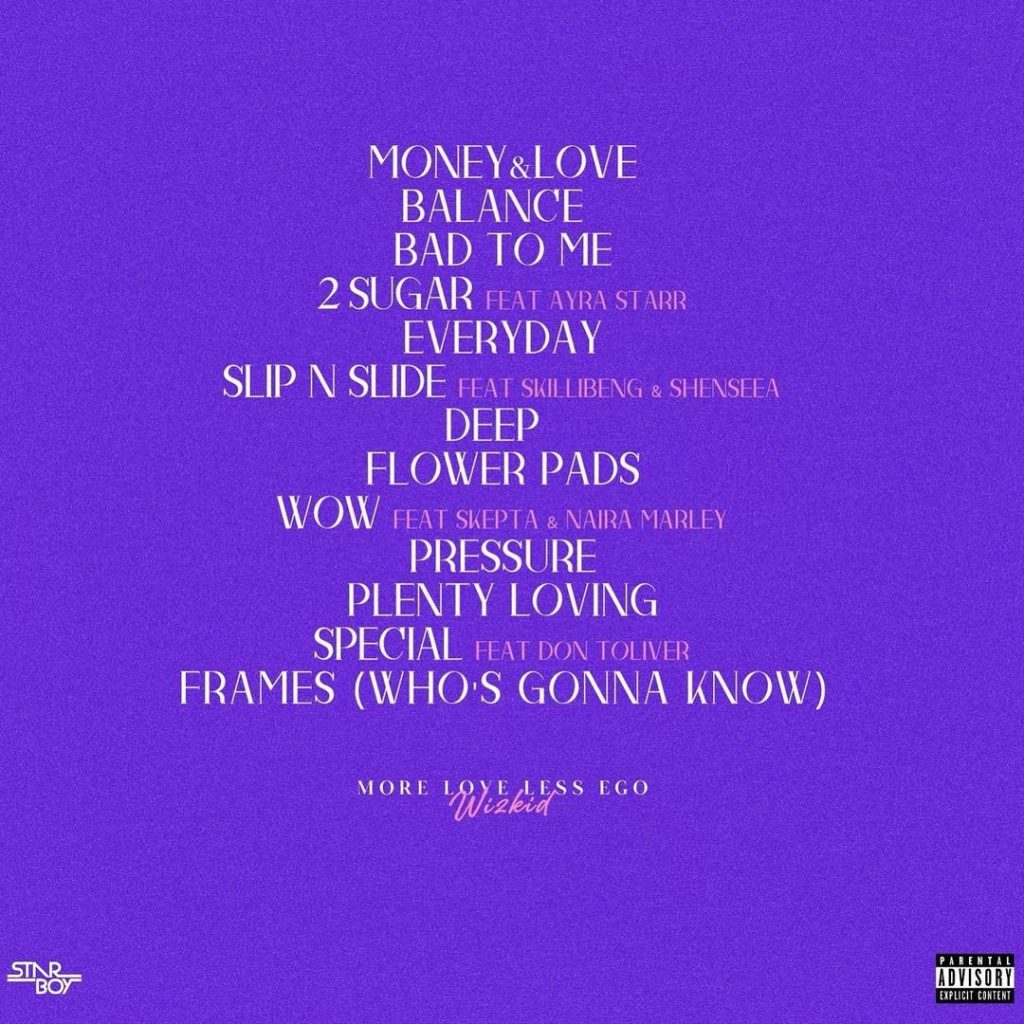
2 Sugar is a stereotypical pop record that wastes Ayra’s potential. The song was always going to be unjustly held to the standards of Essence, the stellar Afro-R&B record that was a crossover smash-hit as a result of the similarities in the profiles of the featured artists. However, the record doesn’t even come close to replicating Essence’s brilliance. You see, Tems excelled on Essence because the atmosphere of the song was tailor made for her alte-esque, R&B confessional deliveries on pop beats. 2 Sugar on the other hand doesn’t create an atmosphere that optimizes Ayra’s talent.
Ayra is at her best when she’s able to utilize her wide vocal range on pop-tinged R&B records, but 2 Sugar is unfortunately rigidly pop. It also doesn’t help that she’s relegated to hook duties, when Tems on Essence was basically given creative freedom to go off as much as she wanted. As a result of this, Ayra supplied a generic hook that’s preceded by another stereotypical Wizkid verse that you could have guessed the lyrics, just 3 seconds in.
To Wizkid’s credit, he does his best to be more dynamic and less monotonous with his delivery on Everyday and although the result is arguably his most malleable delivery on the album, the song is still so unmistakably Wizkid in the sense of its beats arrangement and overall sonics, that you’re just sure you’ve heard something similar a million times already. Nonetheless, it is still this writer’s favorite track on the album.
Slip N Slide is the best song on the album. Skillibeng’s vocals are a bit grating and might be an acquired taste for some, but Shenseea’s pristine vocals and dynamic delivery is the highlight of the song. Wizkid is also impressive on the track and the way the trio of artists feed off each other’s energy is so natural and seamless, you’d almost argue the feature was organic and not tactical. One doesn’t know which is true, but that’s the sentiment it conveys anyways.
Deep starts out great with some inventive delivery from Wizkid with whispery vocal inflections that imitate sex play, but the second half descends once again into that all too familiar lyrical territory that’s too sonically similar to Anoti. Flower Pads has some of that predictability, but it’s an all round better record. Rumba percussion, raspier vocal inflections and a sprinkle of a Spanish outro makes for the most exotic soundscape on the album.
Wow was that record that had people astonished with the choice of the featured artists merged on the same track. It’s not a surprise to this writer that it worked so well. After all, Naira Marley was treading Grime scene before his infamous mainstream 2019 run, so the Afro-Bashment territory isn’t all too strange for him. Skepta came through with a signature verse that showcases everything likeable about his brand of music and Naira Marley’s hook is also impressionable and also incredibly catchy. If he was given a verse to carry, he’d have had a poor outing as his verses over the past year have been nothing to write home about, but on hook duty—he excels.
Alongside Slip N Slide and Wow, Pressure is arguably a top 3 record on MLLE. Wizkid is every bit as dynamic as he was on Everyday, but it works better on Pressure because the sonic make-up of the song is refreshing and isn’t a template that’s been over flogged in the past. Another impressive characteristic of this album is the affinity of the songs to remain sonically cohesive, even when they aren’t produced by P2J. P-prime is at the helm of things here, but the production never sounds out of place. Matter of fact, the young prodigy’s production reinvigorates the album with sonic freshness that’s much needed at that point.

P2J adopts some of those lush, traditional percussive elements of P.Prime’s beat in Plenty Loving for your stereotypical, Afrobeats dance record. At first listen, this might be the least impressionable track on the album and one could be quick to call it the album’s weakest point, but like most of Wizkid songs, it does get better with subsequent listens. The vocals become more silky, the chords more crisp and the bass more permeating.
Special is a mellow, highlife record punctuated with rythmic guitar riffs that’s quintessential of the genre. This writer believes the song should have been stacked with more soulful synthesizers. The best Highlife records have various complimentary instrumentations overlapping each other pleasantly. Special doesn’t have that and while Don Toliver and Wizkid’s deliveries are effective, it doesn’t reach the heights it could have.
The album closer, Frames features Wizkid’s best vocal perfomance over a moody lo-fi R&B beat and it works so sonically well, that one can’t help but wonder why the artist doesn’t exert the full range of his vocals more frequently. After all, he’s been in mid-tempo Pop/R&B territory for a while now and its a genre that solicits dynamism in vocal delivery. The beat is minimalistic, but the warm, eletric piano keys are euphonious and woozy. Despite the album’s shortcomings, it ends on the same high note it commenced with.
Made in Lagos was the template that was being replicated on More Love Less Ego, and in the same manner the album also suffers from its predecessor title shenanigans. Whilst Made In Lagos was a good album that merited a classic status, nothing about the album sounded Lagosian. The sound was heavily Carribean and Afrobeat—without the s—influenced. Same goes for MLLE. For majority of the album, Wizkid seemed to be at loggerheads with the thematic direction of the album and his delivery on the songs.
He mostly sang from the privileged, exquisite lens of a superstar, breezing through the numerous pleasures of life, whilst bragging about his sexual prowess at times. Of course, Wizkid is a superstar and it would be stupid to not expect him to document his own reality. But he is one dimensional with his interpretation of love and reduces it to only sexual pleasures, except on rare occasions (Frames, Plenty Loving) where he was more heartfelt and intimate. Nevertheless, there are still more facets to love and the fact that he sticks to a more hedonistic, rose tinted lens speaks more of ego than love.
Overall, ‘More Love, Less Ego’ doesn’t have the same precise thematic direction and intent that Made In Lagos has, but the fact that it manages to hit a similar peak on its stellar records would be enough for most devout fans and casual listeners alike. This writer would be surprised if it goes on to be more successful than its predecessor, but it wouldn’t be outrageous nonetheless. After all, like the popular adage goes, the more you listen to Wiz, the better he sounds.
Agrow-beats at its absolute best, if i must say.
Verdict:
Sonic Cohesion: 1.7/2
Unharried Transitions: 1.4/2
Songwriting: 1/2
Pristine & Expansive Production: 1.5/2
Optimal Track Sequencing: 1.2/2
Total: 6.8/10.
This review is written by T.J. Martins, an Album’ Talks writer.
Listen to ‘More Love, Less Ego’ here:


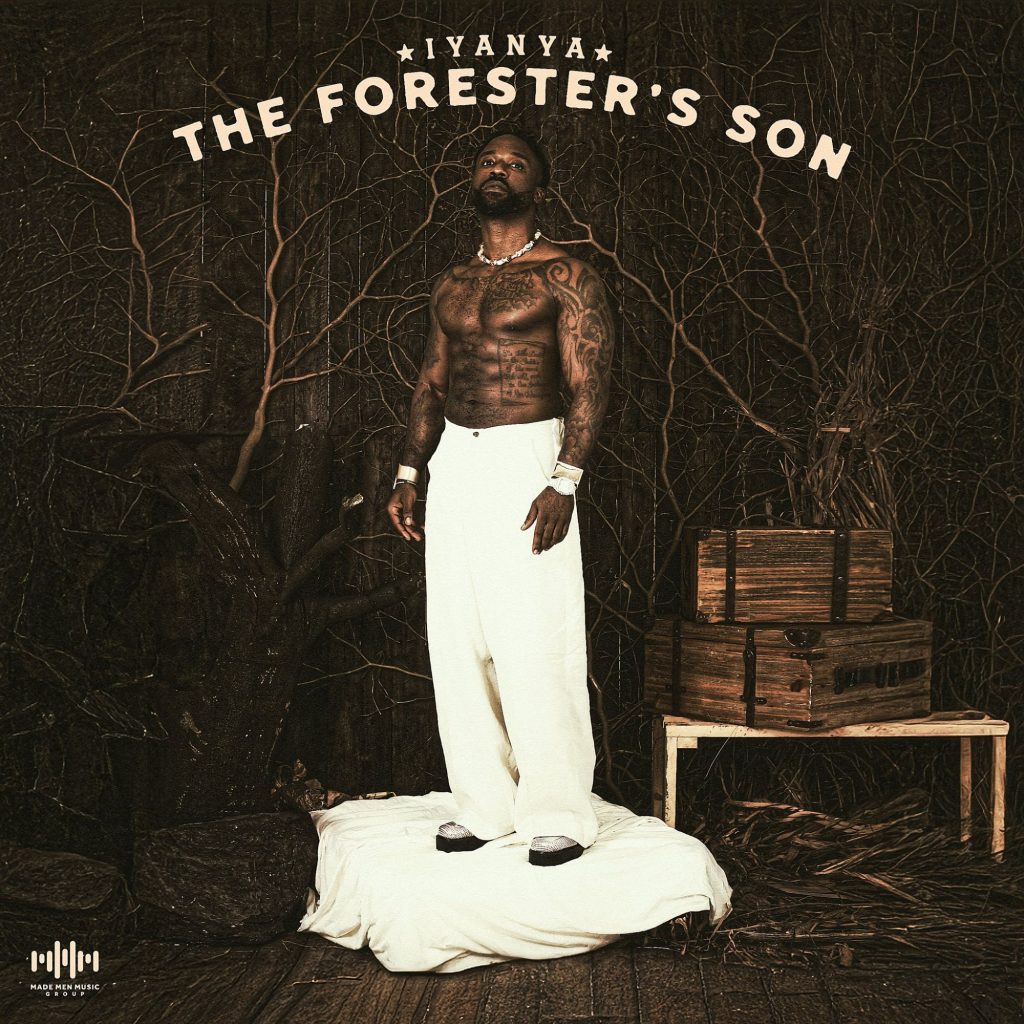
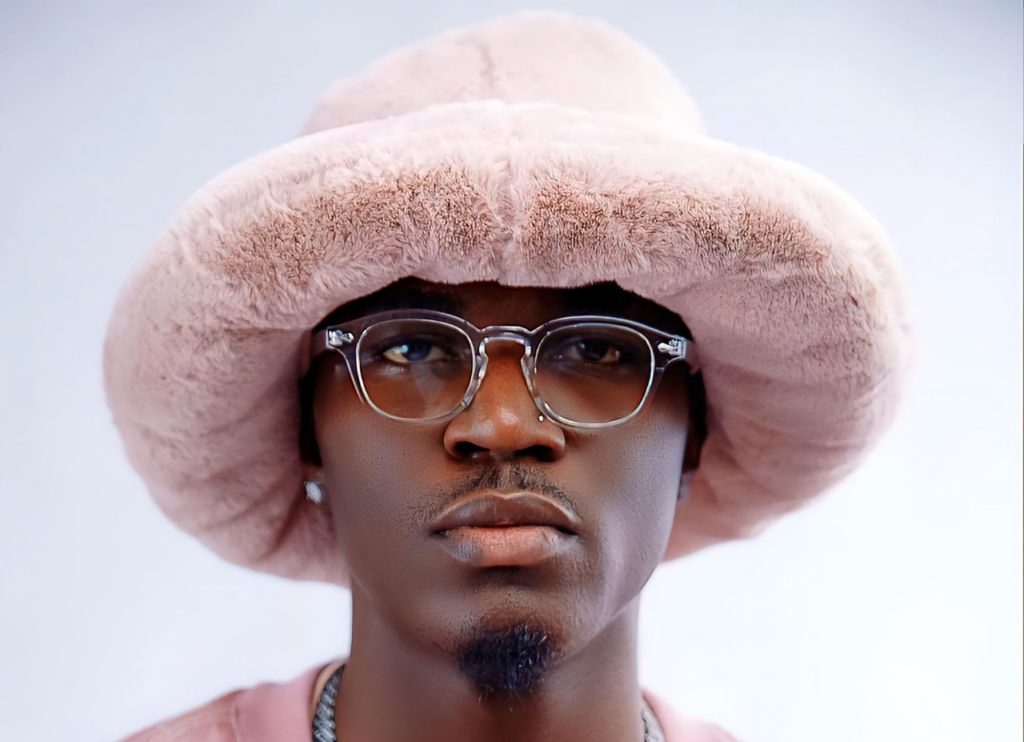
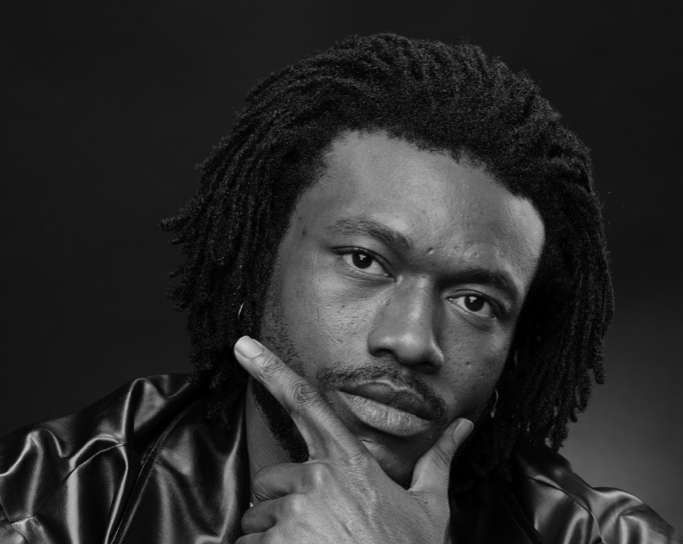
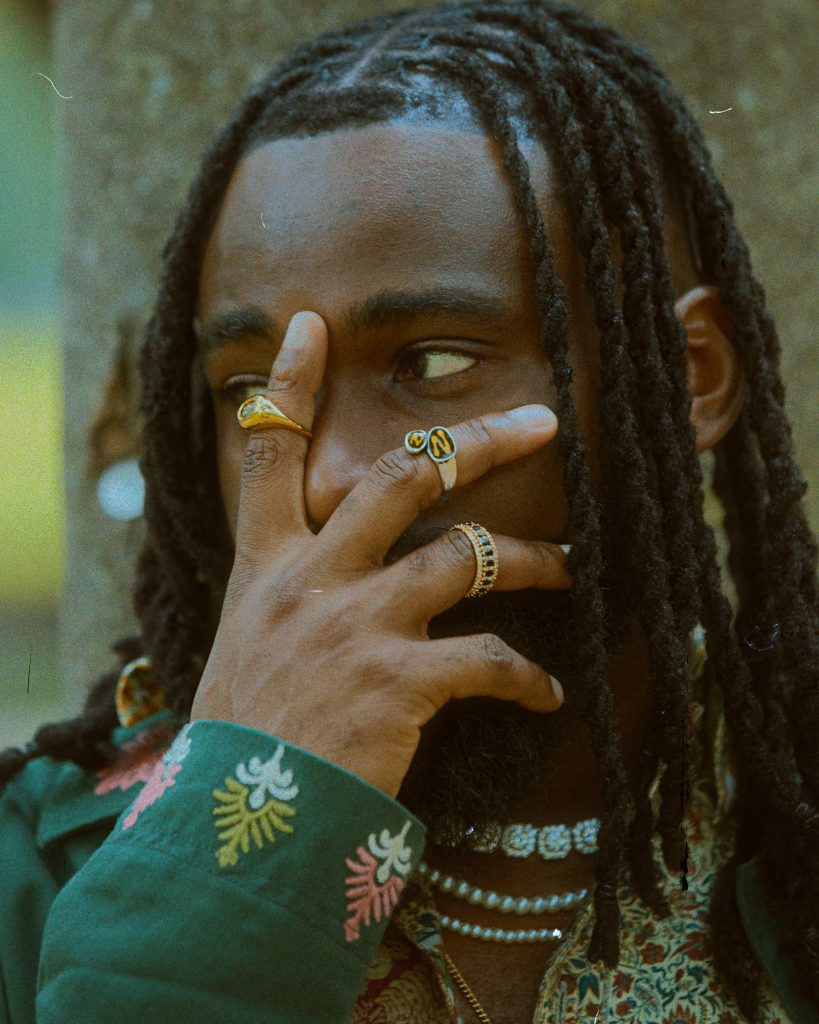

coursework plan coursework cover page coursework writing uk https://courseworkninja.com/
database coursework coursework or course works coursework
download free https://mycourseworkhelp.net/
coursework for masters degree coursework english language buy coursework online https://writingacoursework.com/
Sexy pics Nicki Minaj.
https://celebviva.com/nicki-minaj-nude-photos-for-magazines/
Hot photo ass and boobs Nicki Minaj.
date online personal best free dating site single women near me https://allaboutdatingsites.com/
dating relationships free dating sight free datinsites chat https://onlinedatingsuccessguide.com/
free chat and dating online free foreign dating sites free
no fee free dating sites https://jewish-dating-online.net/
singles near me totally free dating websites free dating sex sites free personals site https://free-dating-sites-free-personals.com/
completely free dating meet asian singles near me connecting singles online members https://datingwebsiteshopper.com/
free dating sites no fees dating awareness women’s network best online dating
website https://onlinedatinghunks.com/
free dating near you chatting sites free online dating single women near me https://freewebdating.net/
free chatting online dating sites free single dating service top free dating sites https://sexanddatingonline.com/
connecting singles online members freedatingopen local females https://onlinedatingsurvey.com/
free singles dating search free dating online free dating sites no fees https://freedatinglive.com/
write my essay today high school essay help college entrance
essay writing service https://lawessayhelpinlondon.com/
essay outline help help with writing essays at university essay
writing help online https://ukessayservice.net/
college application essay service essay writing help online help me write a compare
and contrast essay https://bestessayreviews.net/
professional college application essay writers write my social work essay essay writing website reviews https://besteasyessays.org/
college admission essay editing services cheapest custom essays help me write a compare and contrast
essay https://bestsessays.org/
cheap custom essay writing english essay helper help with scholarship essays https://bestessaysden.com/
write my college essay for me the best essay writer essay writing on customer service https://buyacademicessay.com/
the best essay writing service i need help with my college essay buy
essay papers https://geniusessaywriters.net/
recommended essay writing service college admissions essay help help
with argumentative essay https://au-bestessays.org/
good essay writing company pay someone to write my essay essay
writer helper https://customcollegeessays.net/
buy an essay cheap write my essay services online help with essay writing https://buy-eessay-online.com/
write my essay custom writing best essay writers review
cheap essay service https://howtobuyanessay.com/
cheap custom essay papers write my admissions essay application essay writing service https://cheapessaywritingservice1.com/
us essay writing services essay editing service
reviews best mba essay writing service https://buytopessays.com/
custom essay help writing college essay college essay
review services https://firstessayservice.net/
best essay writing websites help with writing essays at university
best essay writer https://express-essay-writer.com/
buy cheap essays online easy essay help buy essays for college https://customessaywritingserviceonline.com/
buy essay online cheap buy essays cheap essay writing
services legal https://ratedessaywriters.com/
mba essay writing service what can i write my essay on essay on social
service https://essays-writings-service-online.com/
essay writing service legal academic custom essays best websites for essays https://cheapessaypapers.org/
top 10 essay writers cheapest essay writers
top 10 essay writing services https://cheap-online-essay.com/
buy custom essay online essay assignment help can somebody write
my essay https://essay-writing-helper.com/